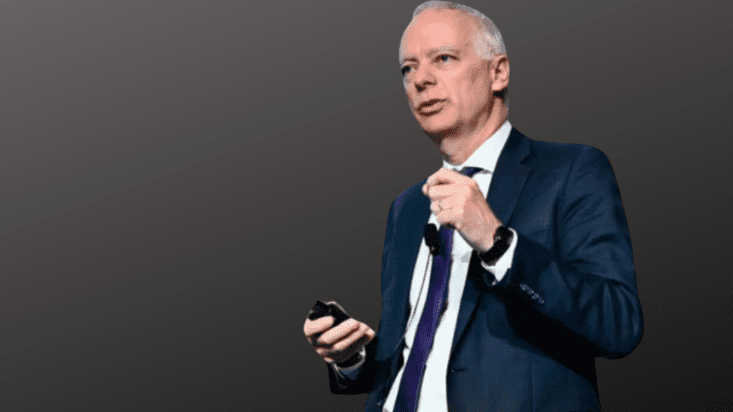‘This can’t be left here’: FAAA calls for public inquiry into Dixons
The FAAA’s policy chief, Phil Anderson, has called for an immediate public inquiry into the treatment of the Dixons Advisory scandal, highlighting inconsistencies in ASIC’s handling of the case that will continue to adversely affect client victims and the advice industry.
Anderson – a respected policy expert who formerly ran the Association of Financial Advisers before it merged with the Financial Planning Association to form the Financial Advice Association of Australia – said “little has been done to get to the bottom of what happened” after 4,606 clients lost $360 million when Dixons advisers breached best interests duty on 53 occasions.
Anderson focused on several key questions about the case that need to be addressed, starting with a court judgement that included a “quite amazing provision” that ASIC would not make Dixons pay any penalties levied against it in relation to the case.
“Why would a regulator complete a prosecution of this nature without the intention of enforcing the penalty and collecting the costs order?” Anderson asked, inferring that the prosecution was a waste of resources that would ultimately need to be paid for by advisers via the industry funding model. “So why proceed with this case, incurring more costs, if there was never any expectations of the fine being paid?”
Despite ASIC painting it as a case of advisers not acting in their clients’ best interest, he continued, the regulator was also fully aware that the exorbitant fees Dixons charged to invest in its highly leveraged US Masters Residential Property Fund – up to 5 per cent in some cases – were just as crucial.
“It is obvious that the fees from the URF were a critical contributing factor,” he stated. “It is hard not to surmise that, for ASIC, it was easier to focus on the financial advice issues and not what was at the core of what really went on…”
Anderson’s third point sits on a simple question: why would ASIC settle for a fine of $7.2 million dollars, plus $1 million in costs (later reduced to $800,000), when it was clear clients had lost hundreds of millions? Worth noting is that the penalty amount is only 6.5 per cent of the $110 million maximum for the 53 breaches.
The fourth key question Anderson asked was why the judgement focused on the advisers, when the idiosyncratic Dixons Advisory business model was the main issue.
“Evidently it was the Dixon Advisory Investment Committee that decided how much each client would invest in each of the URF products and its was the advisers who were directed to implement it,” he said. “This is certainly not the advice model that we are familiar with and not one that is consistent with the obligations that advisers have.”
Anderson’s final point revolved around the class action undertaken by Shine Lawyers against Dixon Advisory, which settled without being played out in court for $16 million “without admission of liability”.
The policy chief believes the final verdict is emblematic of the secrecy and mishandling that run through the case, which needs to be transparently investigated.
“There is no reason why what really happened at Dixon Advisory and why so many Australians lost so much money, should remain a tightly held secret,” he said. “It is not clear why ASIC pursued an action that placed virtually the entire focus on a group of financial advisers, who it also agreed to never pursue further. Unfortunately, after showing some real promise, the class actions provide little insight either.
“This can’t be left here,” Anderson continued. “A public inquiry is essential to get to the bottom of this.”











